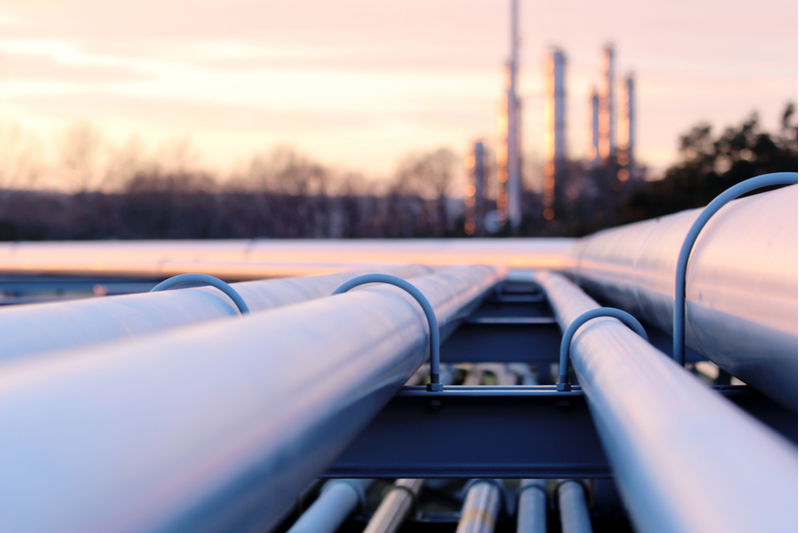
The agency's Democratic majority voted 3-2 to approve two policies, one revising the agency's project certification process and another creating a new framework for scrutinizing greenhouse gas emissions. Together they mark the largest change in US permitting policies for interstate natural gas infrastructure since at least 1999, the last time the agency made major changes.
The two new policies are set to apply immediately, which FERC chairman Richard Glick said would allow the agency to begin processing pending gas pipeline and LNG export applications "without delay." The changes will provide a more legally durable path forward for reviewing projects, he said, after the agency faced a series of court losses focused in part on climate change.
"Right now, I think we have a mess on our hands," Glick said at the agency's monthly open meeting. "The commission has repeatedly failed to live up to the requirements within the Natural Gas Act and the National Environmental Policy Act."
FERC approved the new policies over the objection of the agency's two Republicans, who say the agency has overstepped its congressional mandate to ensure the approval of needed gas infrastructure. Republicans and gas industry officials worry the sweeping changes will add uncertainty and new litigation risks for projects that already take years to permit and can cost billions of dollars to build.
"This new certificate policy approved today is the mother of all legal weapons," Republican commissioner Mark Christie said as part of his dissent. "There is no question that it will be wielded against every single natural gas project, making the cost and uncertainties of even pursuing a project exponentially more daunting."
Industry already adapting
But some gas developers, in anticipation of the changes, have already voluntarily come up with plans that may align with the changes. US LNG developer NextDecade last year asked the agency to modify its plans to build the 27mn t/yr Rio Grande LNG export terminal to include carbon capture equipment capable of handling at least 90pc of the its direct emissions, after a court found issues with FERC's initial climate review.
FERC began considering revisions to its 1999 pipeline certification policy nearly four years ago, but the effort sputtered out as the agency's Republican majority at the time faced widespread industry opposition to changes. Glick restarted the agency's work on the effort a year ago, pursuing a broader scope of changes with more of a focus on climate change.
The first policy change, revising agency policy for certifying gas projects, revamps how FERC determines if there is enough of a "public need" for a proposed project to justify approval, including requiring more scrutiny of alternatives to building a new pipeline. FERC is also lowering the importance of firm contracts, called "precedent agreements," to show that approving a project is in the public's interest, in favor of a process focused on how gas will be used and likely utilization rates.
The second policy, an interim change that could be revised based on public comments due on 4 April, will create a framework for evaluating a project's likely greenhouse gas emissions and effects on climate change. FERC said it will encourage developers to propose plans to mitigate a project's emissions, and it will generally presume a new project emitting more than 100,000 metric tonnes/yr of CO2 requires the most rigorous type of agency review under the National Environmental Policy Act, called an EIS.
The policy shift come at a time when the industry mostly wrapped up a construction boom that has dramatically increased shale gas takeaway capacity in the Appalachian and the Permian basins and helped supply new LNG export facilities. The gas sector from 2016-20 placed into service $41bn of pipelines that fall under FERC jurisdiction, along with $24bn of pipelines from 2010-15, according to data from the US Energy Information Administration.
But the industry has struggled to build pipelines in the northeast US, where state opposition and organized litigation have blocked projects like the $8bn Atlantic Coast pipeline and $1.1bn PennEast pipeline. The pending $6.2bn Mountain Valley pipeline has finished most construction but recently faced a setback to completion from two court decisions throwing out key federal permits.